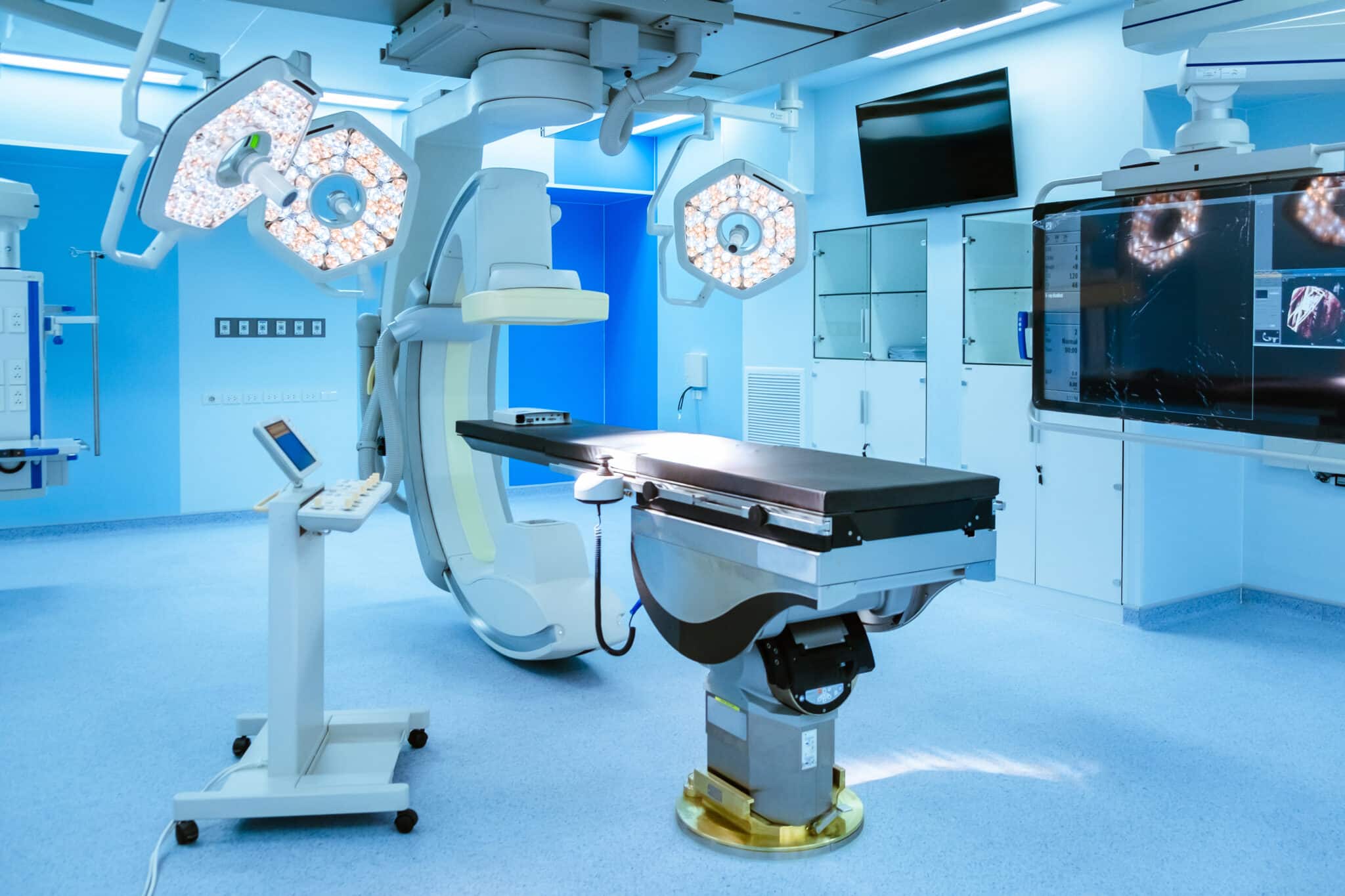When considering surgery, patients and healthcare professionals are faced with the decision of where to undergo the procedure. Two primary options are ambulatory surgical centers (ASCs) and inpatient hospital settings. We’ll explore the factors to consider when deciding between these two settings for surgery, weighing the benefits and potential drawbacks of each.
First of all, What is an Ambulatory Surgical Center (ASC)?
An ambulatory surgery center (ASC), also known as an outpatient surgery center or same-day surgery center, is a specialized healthcare facility where surgical procedures are performed on an outpatient basis. ASCs are designed to provide a convenient and cost-effective alternative to traditional hospital settings for certain types of surgeries.
Inpatient hospital settings, on the other hand, provide comprehensive medical care and support, including surgery and postoperative recovery, for patients who require an overnight stay or more extended hospitalization.
Patient and Procedure Complexity Matters
The suitability of a patient for an ASC or inpatient hospital setting depends on various factors, including the complexity of the surgery, the patient’s overall health, and the presence of comorbidities. Generally, ASCs are appropriate for less complex and minimally invasive surgeries such as a discectomy, while more complex procedures like a spinal fusion may necessitate the resources and support available in a hospital setting.
Safety and Resources
In terms of safety, both ASCs and hospitals adhere to rigorous standards and protocols. However, hospitals typically have a broader range of resources, including advanced imaging technologies, intensive care units, and immediate access to specialized medical expertise, which can be crucial in managing unforeseen complications during or after surgery.
Convenience and Efficiency
ASCs are often favored for their convenience and efficiency. They typically offer shorter wait times, streamlined processes, and a patient-centered approach that emphasizes a smooth outpatient experience. Furthermore, ASCs are generally closer to patients’ homes, reducing travel time and associated logistical challenges.
Cost Considerations
Cost is a significant factor in healthcare decision-making. ASCs tend to have lower overhead costs than hospitals, resulting in potentially lower overall surgical expenses for patients. However, it’s essential to consider insurance coverage, as some plans may have specific requirements regarding the type of facility where spine surgery can be performed.
Post Operative Care and Monitoring
Inpatient hospital settings provide a higher level of postoperative care and monitoring. Patients who require extended pain management, intravenous medications, or close monitoring of vital signs may benefit from the 24/7 availability of healthcare professionals in hospitals. However, with appropriate planning and coordination, ASCs can ensure effective postoperative care through well-structured follow-up appointments and access to necessary resources.
Conclusion
Choosing between an ambulatory surgical center and an inpatient hospital for spine surgery involves carefully weighing the benefits and considerations associated with each setting. The complexity of the surgery, patient characteristics, safety considerations, convenience, cost, and postoperative care all play important roles in this decision. Collaboration between patients, surgeons, and healthcare teams is essential to determine the most suitable setting that ensures the highest level of safety, quality, and patient satisfaction throughout the spine surgery journey.
